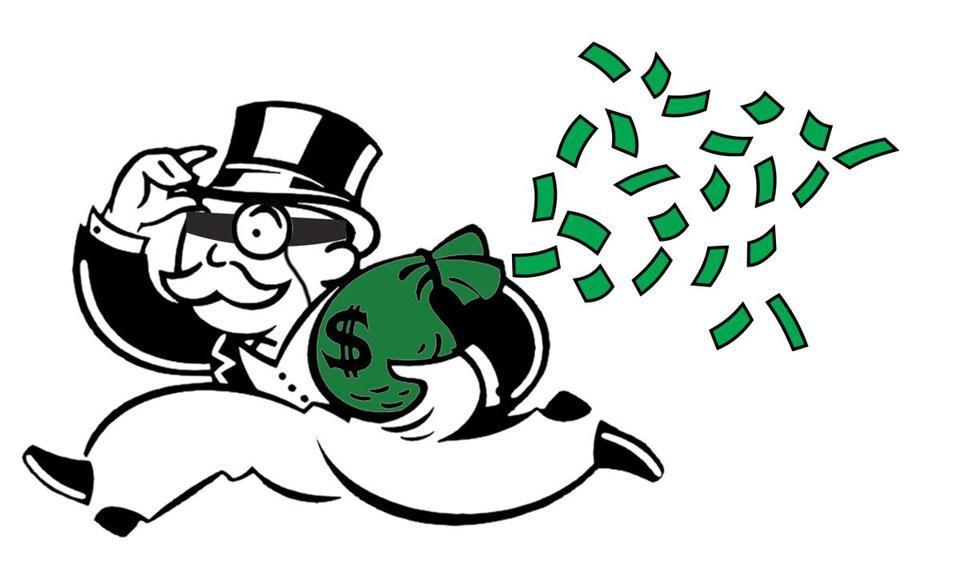Kerby Anderson
One of the ways politicians get some attention in our current media climate is to make outlandish claims or use controversial phrases. So when various Democratic leaders referred to the recent tax reform bill as a grand “heist” it was not too surprising. But I am beginning to see that the use of the term was more than rhetorical flourish. It may indeed be a campaign theme of the 2018 elections.
Take a look at the twitter accounts of any of the Democratic leaders in the House and the Senate. You will see words like “heist” and “looting.” The members of Congress that voted for the bill are guilty of “robbing” and “ransacking” the middle class. This is difficult to take seriously since the latest estimates are that 80 percent of American taxpayers will see a reduction in their taxes.
It is tempting to disregard all these comments as merely an attempt to win the policy debate. But I wonder if these words and phrases actually point to very different views about taxes, property, and government funding. Most of us believe we have private property rights and that we give up some of our income in taxes to fund necessary government programs. It isn’t a heist or robbery to let Americans keep more of their hard-earned income.
However, if you believe government must be funded at larger and larger levels, then a tax cut or spending cut becomes robbery of the federal treasury. No doubt you have heard some lament that people in government think that it is “their money.” It seems like they are saying “what’s yours is ours.”
We taxpayers don’t see it that way. We believe it is our money that we send to the government to be used effectively and efficiently by government employees guided by laws adopted by our elected representatives. Unfortunately, we may be headed into a campaign season where a tax cut to Americans is a grand heist of the federal treasury.
 Listen Online
Listen Online Watch Online
Watch Online Find a Station in Your Area
Find a Station in Your Area










 Listen Now
Listen Now Watch Online
Watch Online
